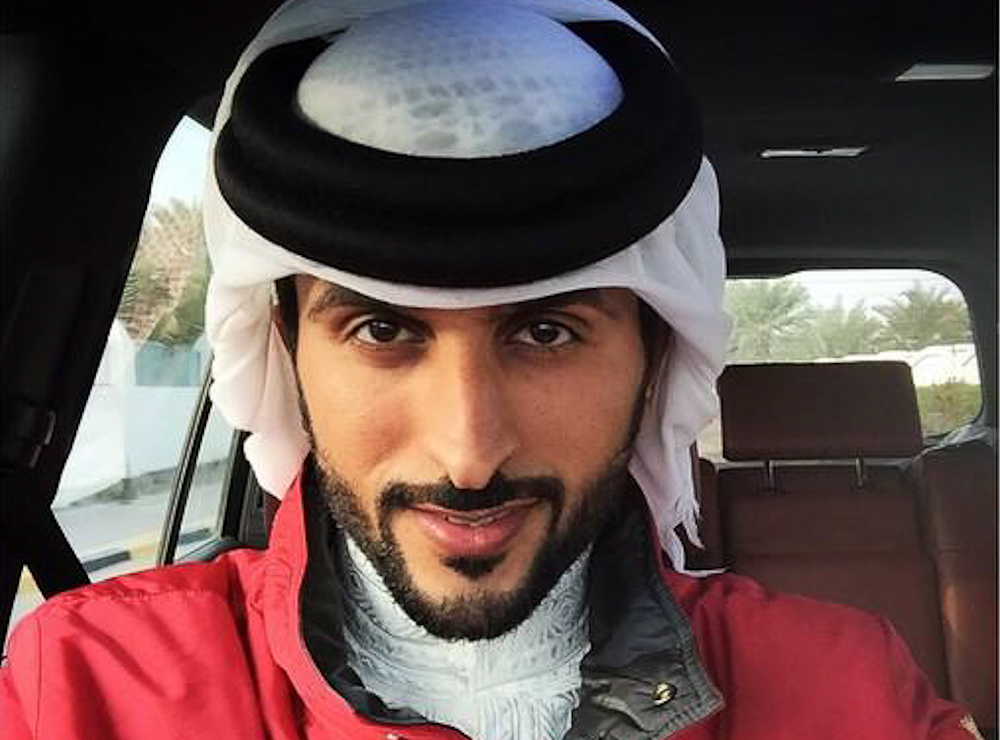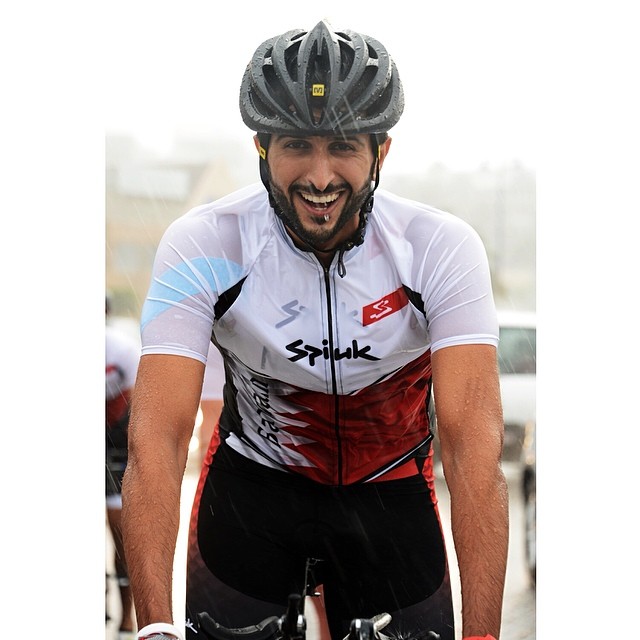Human rights bodies voice concerns to UCI over Bahrain team
Groups ask UCI to reject WorldTour license


The Bahrain Cycling Team has come under pressure before it has even been properly established as human rights groups have appealed to the UCI to prevent the team from entering the sport.
The Bahrain Institute for Rights and Democracy (BIRD) and the European Center for Constitutional and Human Rights (ECCHR) sent a joint letter on Monday to UCI President Brian Cookson, raising “serious concerns” over Prince Nasser bin Hamad Al Khalifa, the man behind the team that plans to launch at WorldTour level next year.
The groups point to allegations of human rights violations made against Nasser, including torture, and they argue that granting his team access to cycling’s top tier would amount to a contravention of the UCI’s own code of ethics, as well as causing “severe reputational damage” to cycling. International organisation Human Rights Watch (HRW) have echoed these concerns to Cyclingnews.
“Prince Nasser is throwing money at the international cycling to use it as PR to whitewash his past in Bahrain. It's the duty of the UCI to reject the Bahrain Cycling Team WorldTour license,” said Sayed Ahmed Alwadaei, BIRD’s Director of Advocacy, in a statement sent to Cyclingnews.
The Bahrain Cycling Team was announced late last month after months of speculation.
Nasser is the son of the King of Bahrain and is president of both the Bahrain Olympic Committee and the Supreme Council for Youth and Sport. The allegations against him relate to the Arab Spring of 2011, which led to uprisings across countries in north Africa and the Middle East and a government crackdown in Bahrain.
Prince Nasser, according to BIRD and ECCHR, formed an investigation committee which pursued and punished athletes who were involved in the pro-democracy movement and sent out a warning on Bahrain state-run TV.
The latest race content, interviews, features, reviews and expert buying guides, direct to your inbox!
The groups say there are "credible allegations" of athletes being tortured around this time and they write that, "although there is no suggestion that Nasser was personally involved in the torture of athletes, three Bahrainis have alleged that Prince Nasser personally subjected them to torture between April and May 2011."
In October 2014, the UK High Court decided that Nasser would not benefit from diplomatic immunity from potential prosecution in relation to allegations of torture, although no charges have been brought and he and the Bahraini government have always strongly denied wrongdoing.
"The allegations are entirely false and categorically denied by Prince Nasser," read a statement after The Independent reported last year that campaigners were preparing a new dossier of evidence against him.
BIRD and ECCHR also argue that the new cycling team’s association with the Bahrain state - Nasser has said it represents “a great leap towards promoting the Kingdom of Bahrain in line with its 2030 vision" - make it unsuitable on ethical grounds. In November 2015, they argued, "Human Rights Watch found that torture continues to be employed systematically in Bahrain," while in March 2016, "the UN High Commissioner for Human Rights called for 'profound reform' in the country."
In their letter to the UCI, BIRD and ECCHR reference sections of the governing body's own code of ethics, copying in the head of Ethics Commission, Richard Leggat.
"We believe Prince Nasser’s involvement as the head of a team would be in violation of article 2 of the UCI Code of Ethics (CoE), which protects against breaches of principles that include human dignity, non-discrimination against political opinions, non-violence and harassment, integrity and political neutrality.
"In addition, he is also in breach of Article 6 which provides that all parties to the Code must not have relations with any organisations, companies or persons whose activities are incompatible with the principles set out in the Code.
"We therefore ask that you reject the awarding of the WorldTour license to the Bahrain Cycling Team."
Human Rights Watch voiced its own concerns over the ethics of welcoming Prince Nasser into the sport as the head of a top-level team.
"Prince Nasser publicly menaced Bahraini athletes at the same time as his father's security forces were torturing people to death. The UCI should look very seriously at his record before considering whether the benefits to Bahrain's involvement in the sport outweigh the reputational cost," Nicholas McGeehan, the Bahrain researcher at HRW, told Cyclingnews.
Patrick is a freelance sports writer and editor. He’s an NCTJ-accredited journalist with a bachelor’s degree in modern languages (French and Spanish). Patrick worked full-time at Cyclingnews for eight years between 2015 and 2023, latterly as Deputy Editor.
